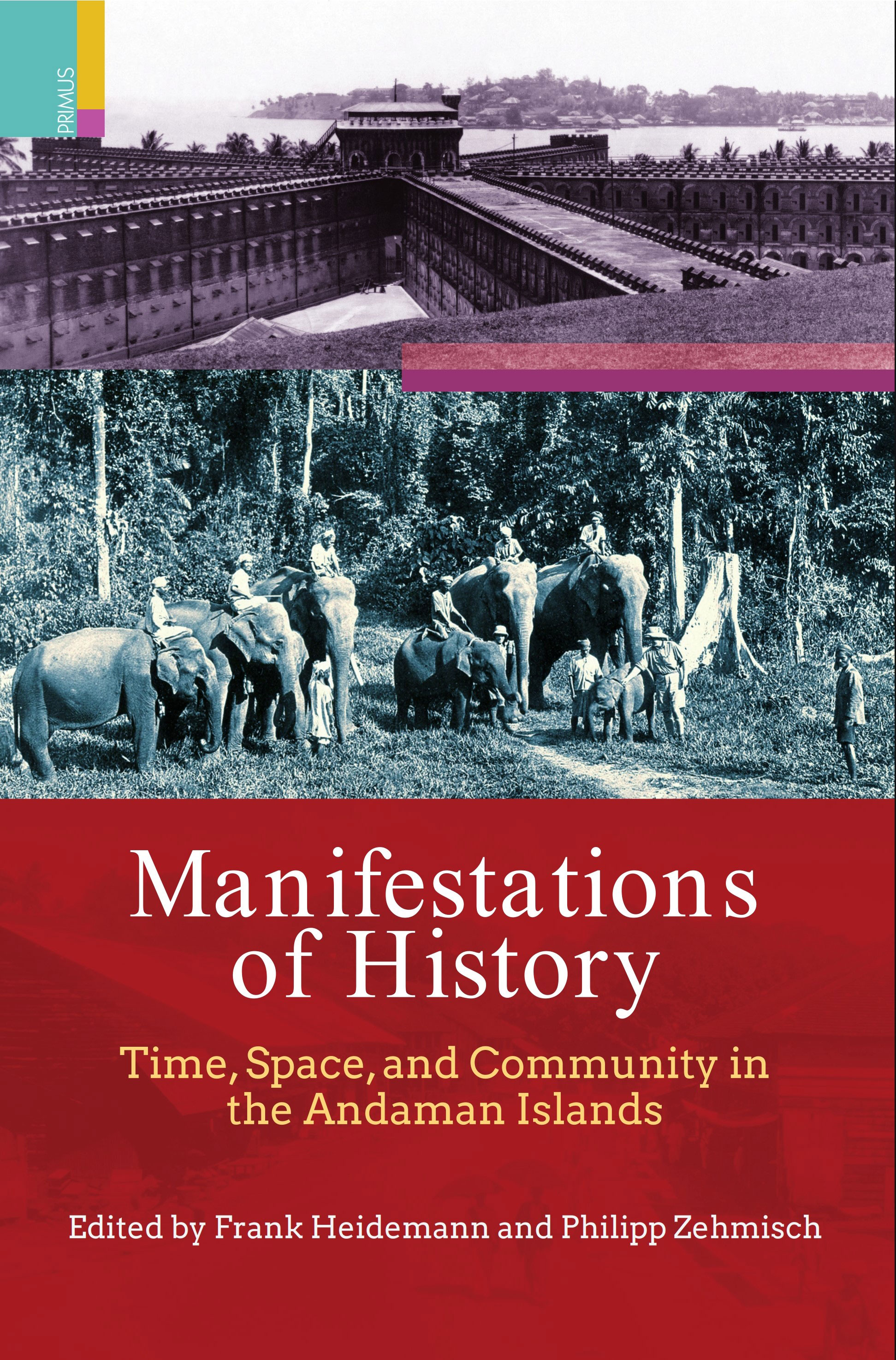Areas of research and interest
Political Anthropology, Migration and Diaspora, Postcolonial Studies, Globalisation/ Transnationalisation, Human-Environment Relations, Indigeneity
Regional Specialisation: South Asia, especially Andaman Islands, Chotanagpur and Pakistan
Contact
Ludwig-Maximilians-Universität München
Geschwister-Scholl-Platz 1
80539 München
Postdoc Research
Research project “Dichotomous Sovereignty – Cultures of Remembrance, Historiography and Nation-Building in South Asia”, hosted by the Center for Advanced Studies, Munich, funded by the University Society of Munich, and supported by the Department of Social and Cultural Anthropology.
Further Information
October 2015
Frobenius Society's Research Award for the Doctoral Thesis “Mini-India: The Politics of Migration and Subalternity in the Andaman Islands“ (pdf, 73 KB)
July 2015
Dissertation prize of the Faculty for the Study of Culture, LMU Munich
June 2013
Organization of the international conference “Manifestations of History in the Andaman Islands“ (Funding: DFG and LMU)
Curriculum Vitae
- Since winter term 2015/16
Postdoc Research Fellow at the Center for Advanced Studies, LMU Munich - April 2008 – March 2015
Doctoral Candidate at the Department of Social and Cultural Anthropology,
Supervisors: Frank Heidemann and Martin Sökefeld - November 2013 – May 2014
Special-order contract for a book publication, Department of Social and Cultural Anthropology, LMU Munich - April 2013 – October 2013
Ph.D. Writing Grant of the Graduate Centre, LMU Munich - April 2010 – March 2013
Research Fellow in the project “Migration and Place-Making in the postcolonial settler society of the Andaman Islands”, Department of Social and Cultural Anthropology, LMU Munich (Funding: DFG) - January 2011 – January 2012
Fieldwork and archive research in the Andaman Islands and in Delhi, Affiliation as Research Fellow at the Department of Sociology, Delhi School of Economics, University of Delhi - October 2009 – March 2010
Lecturer (limited term appointment) at the LMU Munich. Course: The Postcolonial State - January 2009 – July 2009
Field work and archive research in the Andaman Islands, Kolkata, Chennai and Visakhapatnam, Affiliation as Research Fellow at the Department of Sociology, University of Madras (Funding: DAAD) - April 2008 – December 2009
Research Fellow in the exhibition project “Crossing Munich – Places, Images and Debates of Migration”, fieldwork in Munich and Istanbul about “Transnational labour migration and policies towards Turkish contract workers in the construction business” - October 2007 – March 2008
Research Fellow and Lecturer of Social Anthropology, Faculty of Sociology, Cluster “Transnationalisation and Development Studies”, University of Bielefeld - October 2001 – September 2007
M.A. studies of Social and Cultural Anthropology, Economic Geography and Social Psychology, LMU Munich, M.A. Thesis “Discourses about History, Society and Identity in the Andaman Islands” - March 2006 – June 2006
Field work in the Andaman Islands and Chennai (Funding: DAAD)
Publications
List of publications (pdf, 400 KB)
By Philipp Zehmisch
Often called 'Mini-India', the Andaman Islands have been a crucial site of encounter between different regimes, subjects, castes, creeds, languages, and ethnicities. Since 1858, subaltern convicts, refugees, repatriates, and labourers from South and South East Asia have moved to the islands, condemned to, or in search of a new life. While some migrants have achieved social mobility, others have remained disenfranchised and marginalised.
This ethnographic study of the Andaman settler society analyses various shades of inequality that arise from migrant communities’ material and representational access to the state. The author employs the concept of subalternity to investigate political negotiations of island history, collective identity, ecological sustainability, and resource access. Interpreting characteristic views, practices, and voices of subaltern interlocutors, the author untangles their collective agency and consciousness in migration, settlement, and place-making processes. Further, the book highlights particular subaltern strategies in order to achieve autonomy and peaceful cohabitation through movement, cultural and social appropriation, and multi-layered methods of resistance.
Oxford University Press
India, 2017
 By Frank Heidemann & Philipp Zehmisch
By Frank Heidemann & Philipp Zehmisch
This volume highlights the significant, yet underestimated, place of the Andaman and Nicobar Islands in socio-cultural and historical studies of the Indian Ocean region. British penal colonialism, the Japanese occupation during the Second World War as well as the post-Independence migration of Partition refugees, repatriates and migrants from all over South Asia left a deep imprint on local society. These features render the islands an ideal sociological showcase for the study of historical manifestations. Multiple castes, classes, communities, religions, and languages reflect the social complexity of South Asia and reveal entanglements between the British Empire, the Indian nation-state, and destination countries of South Asian overseas migration. Effectively, this volume contributes to interdisciplinary theorizing by bringing together research rooted in historical theory and scholarship stemming from ethnographic observation as well as macro-level studies of South Asian nation-states and micro-level studies of local communities in vivid and meaningful dialogue with each other. Challenging the analytical usefulness of Euro- centric perceptions of time-structured historical models as the only valid means of explaining the present, it explores alternative analytical avenues opened by a space-bound concept of history.

